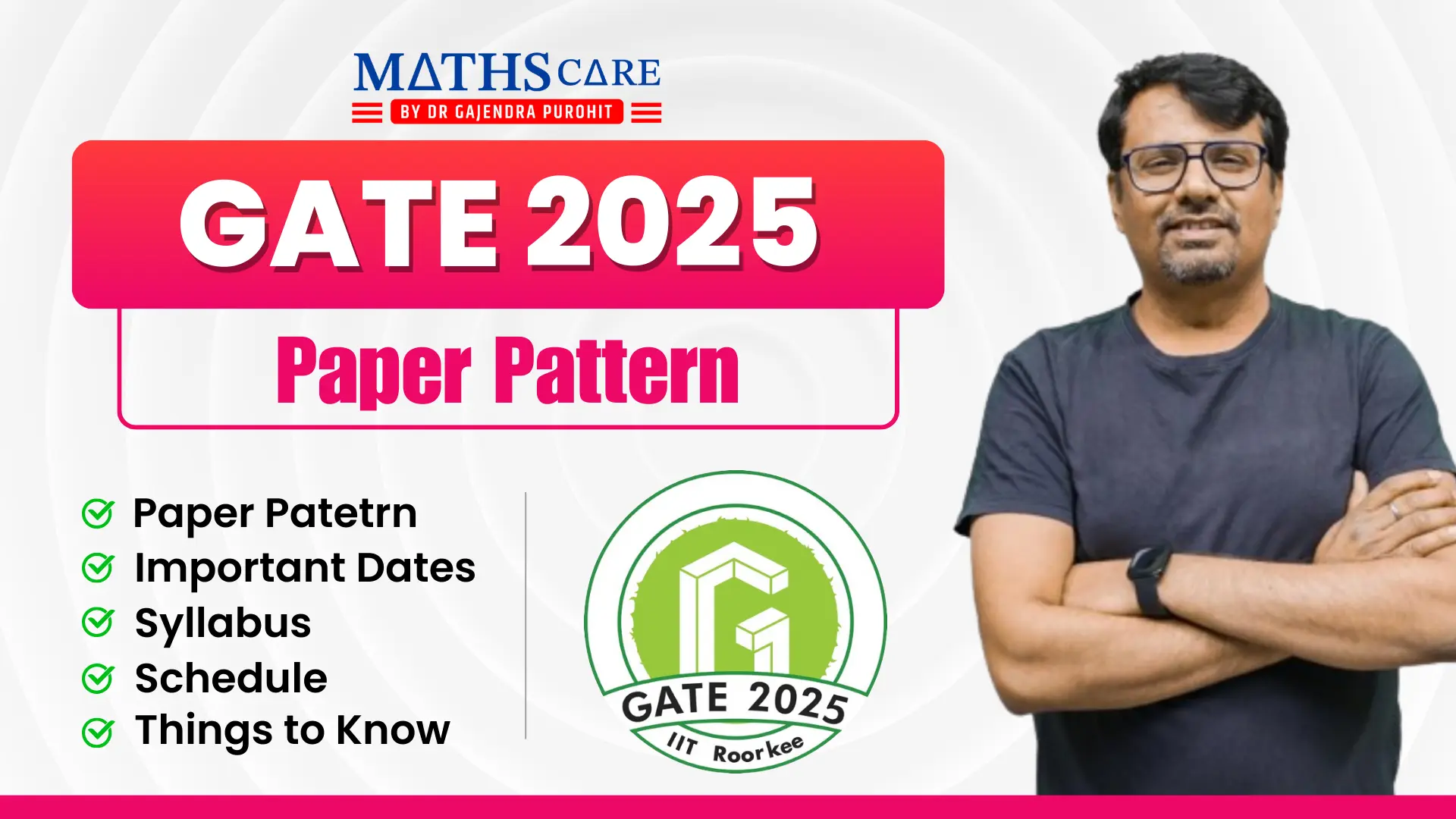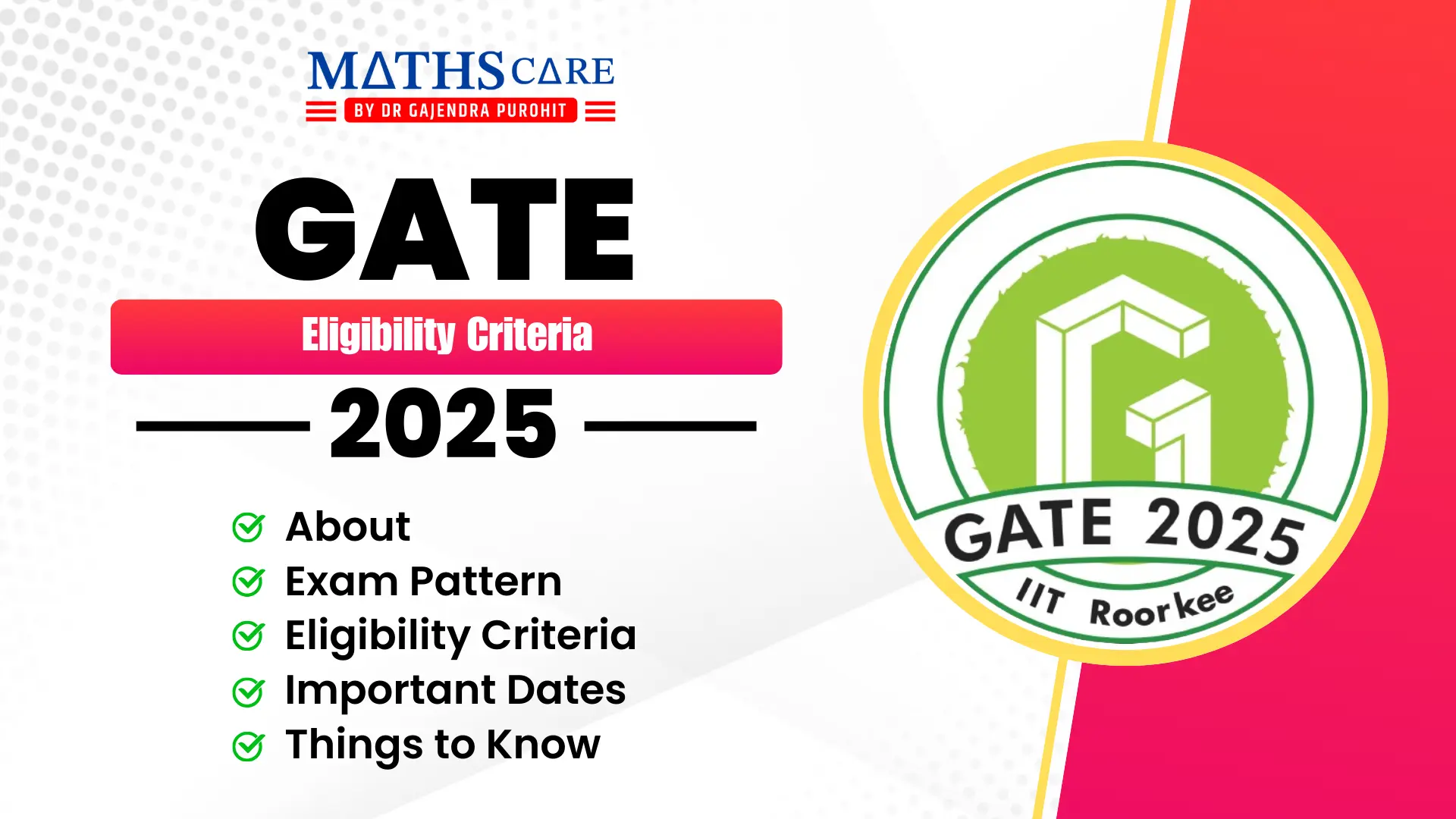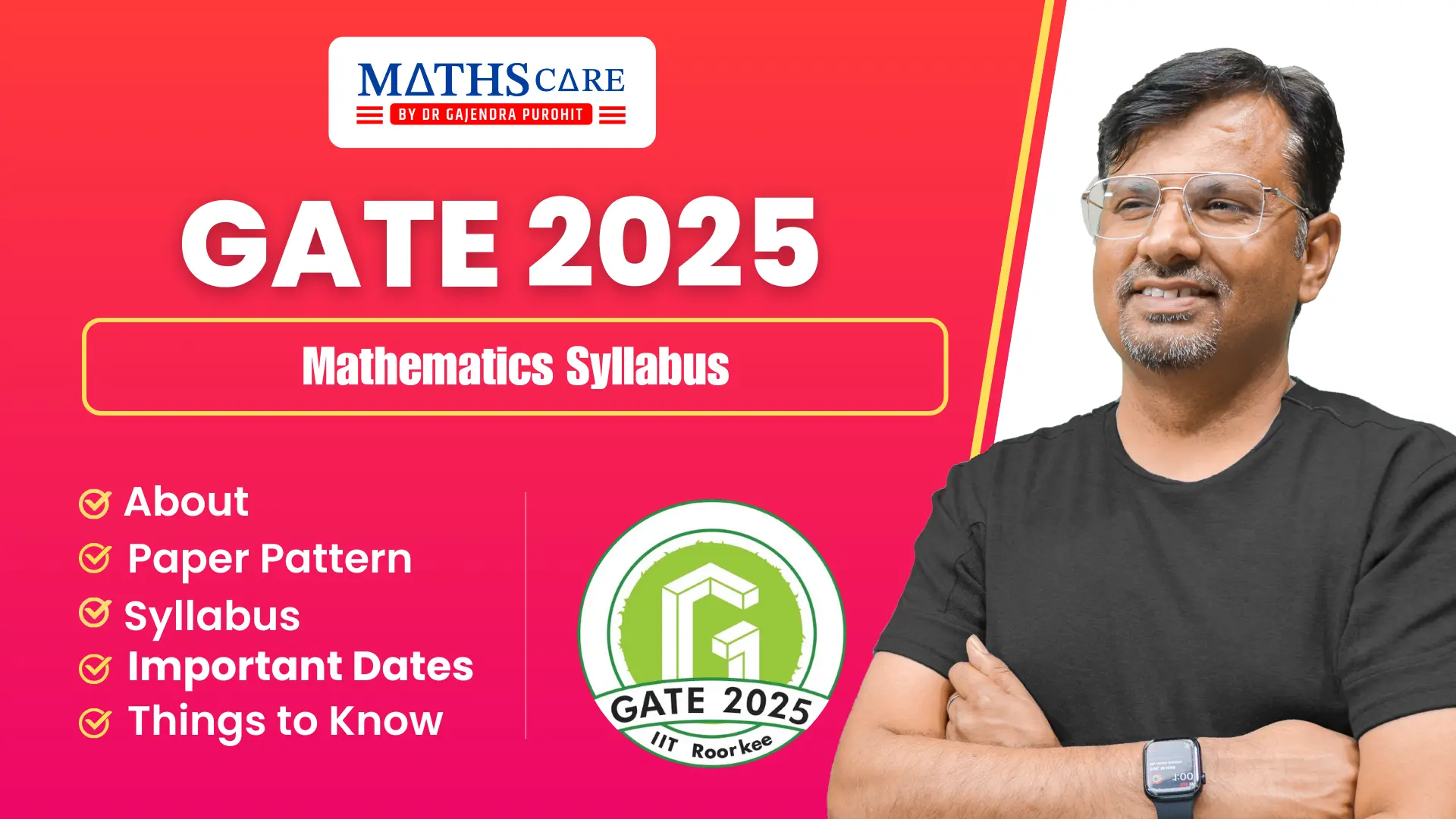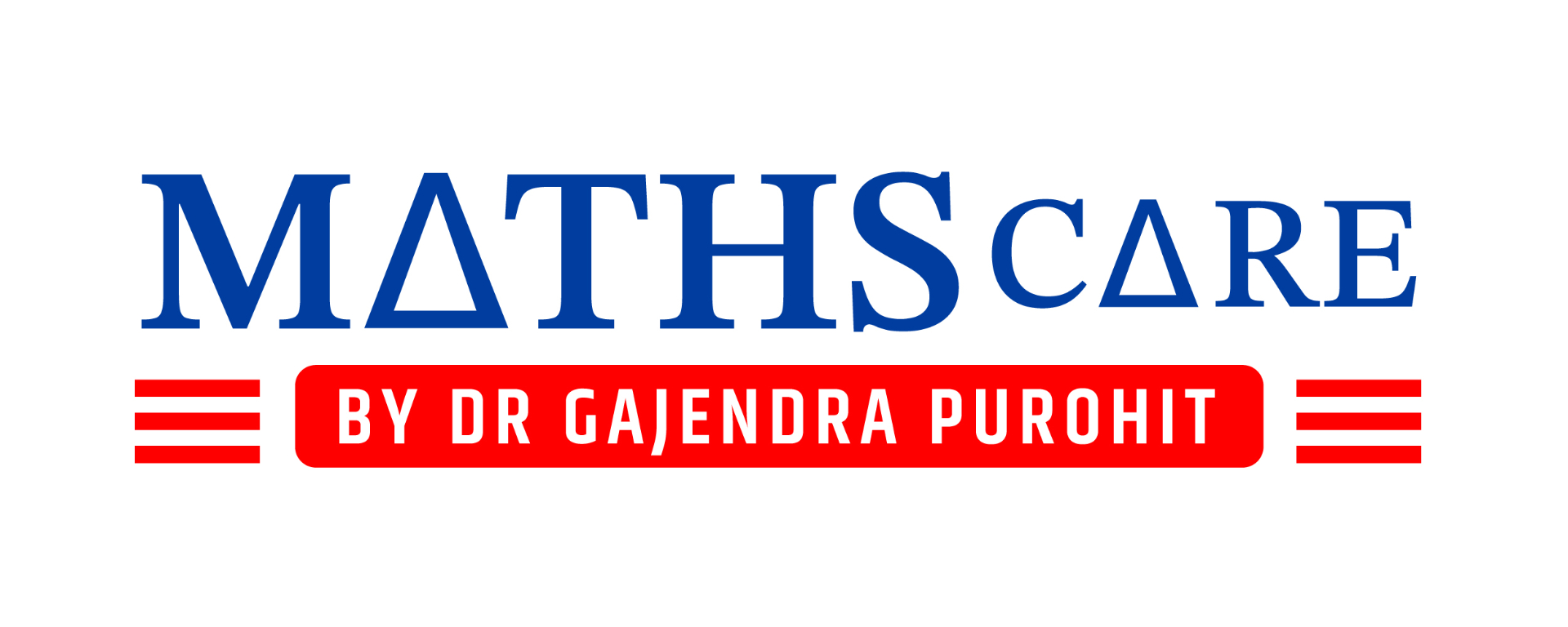GATE Paper Pattern 2025
The Graduate Aptitude Test in Engineering (GATE) is a national-level examination that opens the gateway to a plethora of opportunities for engineers and science graduates in India and abroad. Conducted jointly by the Indian Institute of Science (IISc) and seven premier Indian Institutes of Technology (IITs), the exam is a testament to a candidate’s academic knowledge, analytical skills, and problem-solving abilities. GATE is not just limited to admissions in postgraduate programs but also plays a pivotal role in securing public sector jobs, fellowships, and even international educational opportunities. With its widespread recognition and credibility, GATE 2025 promises to be a rigorous yet rewarding challenge for aspiring candidates.
This blog aims to provide a detailed insight into the GATE 2025 exam, covering key aspects such as the paper pattern, important dates, syllabus, job opportunities, and preparation tips. Whether you’re a first-time aspirant or a repeat candidate, this comprehensive guide will help you align your preparation strategy with the exam’s requirements.

About GATE
The Graduate Aptitude Test in Engineering (GATE) is one of India’s most competitive exams, renowned for its ability to assess a candidate’s technical expertise and aptitude. Jointly organized by IISc Bangalore and seven IITs (Bombay, Delhi, Guwahati, Kanpur, Kharagpur, Madras, and Roorkee), GATE serves as a benchmark for academic and professional excellence. The exam is conducted annually for students from engineering, technology, architecture, and science backgrounds, offering them opportunities for higher education, research, and lucrative career options in both public and private sectors.
What sets GATE apart is its wide-ranging recognition, not just in India but also internationally. The exam evaluates a candidate’s understanding of their chosen subject along with general aptitude, ensuring a comprehensive assessment. Beyond its use for M.Tech and Ph.D. admissions, GATE scores are often a prerequisite for recruitment in top Public Sector Undertakings (PSUs), making it a gateway to stable and prestigious jobs. Furthermore, several international universities accept GATE scores for admission to their postgraduate programs, adding to its global significance.
GATE Exam 2025 Important Dates
Planning and preparation for GATE 2025 start with keeping track of important dates. Missing any key deadline can disrupt your exam journey, so it’s essential to stay updated. The registration process is expected to commence in late August 2024, with the last date for application submission falling around mid-October 2024. This timeline allows candidates ample time to complete their applications, make corrections (if needed), and prepare the required documents.
The admit cards are expected to be released in the first week of January 2025, providing detailed information about the exam center and schedule. The examination itself will be held in February 2025, spread across multiple days to accommodate the large number of candidates and subject combinations. Finally, the results will be announced in mid-March 2025, marking the beginning of the admission and recruitment processes for successful candidates. It is advisable to frequently check the official GATE 2025 website to stay informed about any changes or updates to these dates.
GATE Exam 2025 Paper Pattern
The GATE 2025 paper pattern is carefully designed to assess a candidate’s conceptual understanding, problem-solving abilities, and aptitude. The exam is conducted in a Computer-Based Test (CBT) format, exclusively in English, and spans a duration of three hours. Candidates can choose from a total of 30 subject papers, each catering to a specific discipline or field of study.
Structure and Sections
The paper is divided into two primary sections:
General Aptitude (GA): A compulsory section carrying 15 marks, aimed at testing verbal and numerical reasoning.
Candidate’s Selected Subject: Focused on the core topics of the chosen discipline, with questions designed to test knowledge, application, and analytical skills.
Question Types
The exam comprises the following question formats:
Multiple Choice Questions (MCQs): Single correct answer among the given options.
Multiple Select Questions (MSQs): More than one correct answer, with no partial marking.
Numerical Answer Type (NAT) Questions: Require numerical inputs as answers without options.
Marking Scheme and Negative Marking
The total marks for the exam are 100, with questions carrying either 1 mark or 2 marks. Incorrect answers for MCQs attract negative marking: 1/3 mark for 1-mark questions and 2/3 mark for 2-mark questions. However, there is no negative marking for MSQs and NAT questions, providing a significant advantage to candidates attempting these types.
The distribution of marks varies slightly for specialized papers such as Architecture (AR), Humanities (XH), and Life Sciences (XL), ensuring the exam is tailored to the specific requirements of each discipline.
GATE Exam 2025 Syllabus
The syllabus for GATE 2025 is vast and diverse, reflecting the exam’s multidisciplinary approach. It is divided into two primary components:
General Aptitude (GA):
Verbal Ability: Includes sentence completion, critical reasoning, and analogy-based questions.
Quantitative Ability: Covers topics like algebra, geometry, and data interpretation.
Subject-Specific Syllabus:
Each of the 30 papers has its own detailed syllabus.
For example:
Mechanical Engineering: Focuses on subjects like Thermodynamics, Fluid Mechanics, and Strength of Materials.
Computer Science: Includes topics such as Data Structures, Operating Systems, and Algorithms.
Civil Engineering: Covers Structural Engineering, Geotechnical Engineering, and Environmental Engineering.
Candidates should thoroughly analyze their chosen paper’s syllabus and allocate time to high-weightage topics to maximize their scores. For detailed subject-wise syllabi, refer to the official GATE 2025 brochure.
GATE Exam 2025 Job Opportunities
Qualifying GATE 2025 can open the doors to a wide array of career opportunities:
Higher Education:
GATE scores are a prerequisite for admission to M.Tech, M.E., and Ph.D. programs in IITs, IISc, NITs, and several other top-tier institutions. Interdisciplinary programs like Artificial Intelligence, Data Science, and Robotics are also gaining traction among GATE-qualified candidates.
Public Sector Undertakings (PSUs):
PSUs like BHEL, ONGC, NTPC, and IOCL recruit candidates based on their GATE scores, offering high salaries, job stability, and growth opportunities. These jobs are highly coveted, attracting thousands of applicants each year.
Research and Development:
Organizations like DRDO, ISRO, and CSIR actively seek GATE-qualified individuals for research-based roles, contributing to India’s technological and scientific advancements.
Private Sector Roles:
Tech giants and multinational companies often prefer GATE-qualified candidates for specialized roles in R&D, software development, and data analysis.
International Opportunities:
Many universities in countries like Germany and Singapore accept GATE scores for postgraduate programs, allowing candidates to explore global academic and professional avenues.
Preparation Tips
Success in GATE 2025 depends on a strategic and disciplined approach to preparation. Here are some tips to help you ace the exam:
Understand the Exam Pattern: Familiarize yourself with the structure, marking scheme, and question types.
Master the Syllabus: Divide the syllabus into manageable sections and focus on high-priority topics.
Strengthen Fundamentals: Build a solid conceptual foundation in core subjects to tackle advanced problems effectively.
Time Management: Create a realistic study plan and dedicate specific time slots for revision and practice.
Practice Mock Tests: Attempting previous years’ papers and mock tests will help you identify your strengths and weaknesses.
Use Reliable Resources: Invest in standard textbooks, online lectures, and quality study materials.
Stay Consistent: Regular study sessions and periodic revisions are crucial for retaining information.
Maintain a Positive Mindset: Stay calm and focused to handle exam-related stress effectively.
Conclusion
The GATE 2025 exam is not just a test but an opportunity to transform your academic and professional journey. With its far-reaching implications for higher education, public sector jobs, and international studies, GATE is a stepping stone to success for countless aspirants. By understanding the exam pattern, preparing strategically, and staying consistent, you can achieve your desired score and unlock a world of opportunities. Let GATE 2025 be your gateway to a brighter future!
GATE FAQS
How can I print my application after submission?
Log in using your Enrollment ID and password to download the application form.
Will my application be rejected if my photograph doesn’t meet specifications?
No, your application will be marked defective, and you’ll be notified to rectify it.
What happens if my signature is defective?
You will be notified via email or SMS to upload a corrected signature before the deadline.
Do I need to mail a printout of the GATE application form?
No, the printout is only for your reference.
How can I check my application status?
Log in to the GATE portal regularly to check your status.
Can I modify my application after submitting it?
No, once you generate the PDF, changes are not allowed.
BEST OFFERING COURSES FOR YOU
BEST BOOKS FOR IIT JAM/ CSIR-NET
BUY BOOKS ON OUR APP
RECENT POSTS

GATE 2025 Strategy for Last Month

GATE Eligibility Criteria 2025

GATE Exam 2025 Mathematics Syllabus







